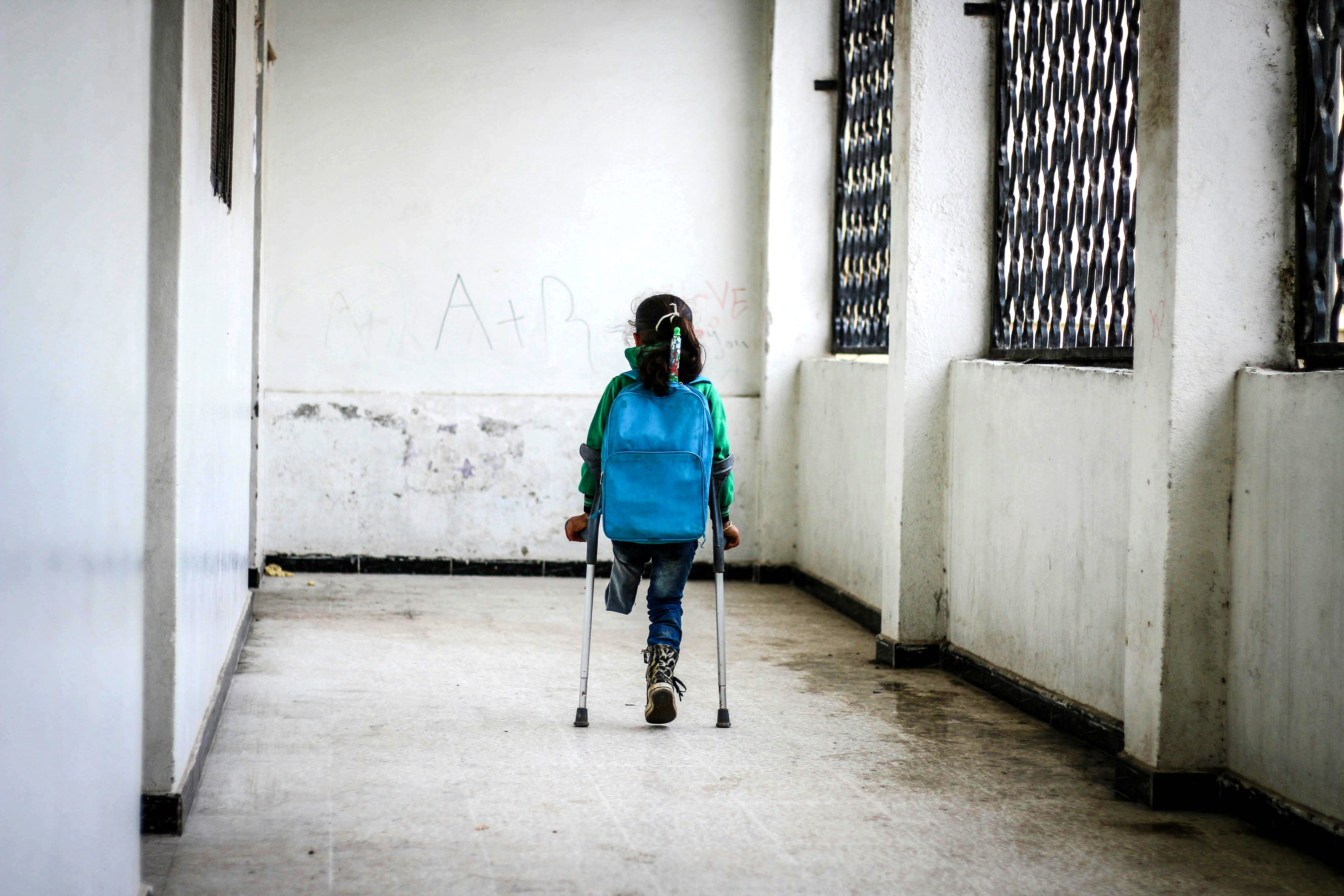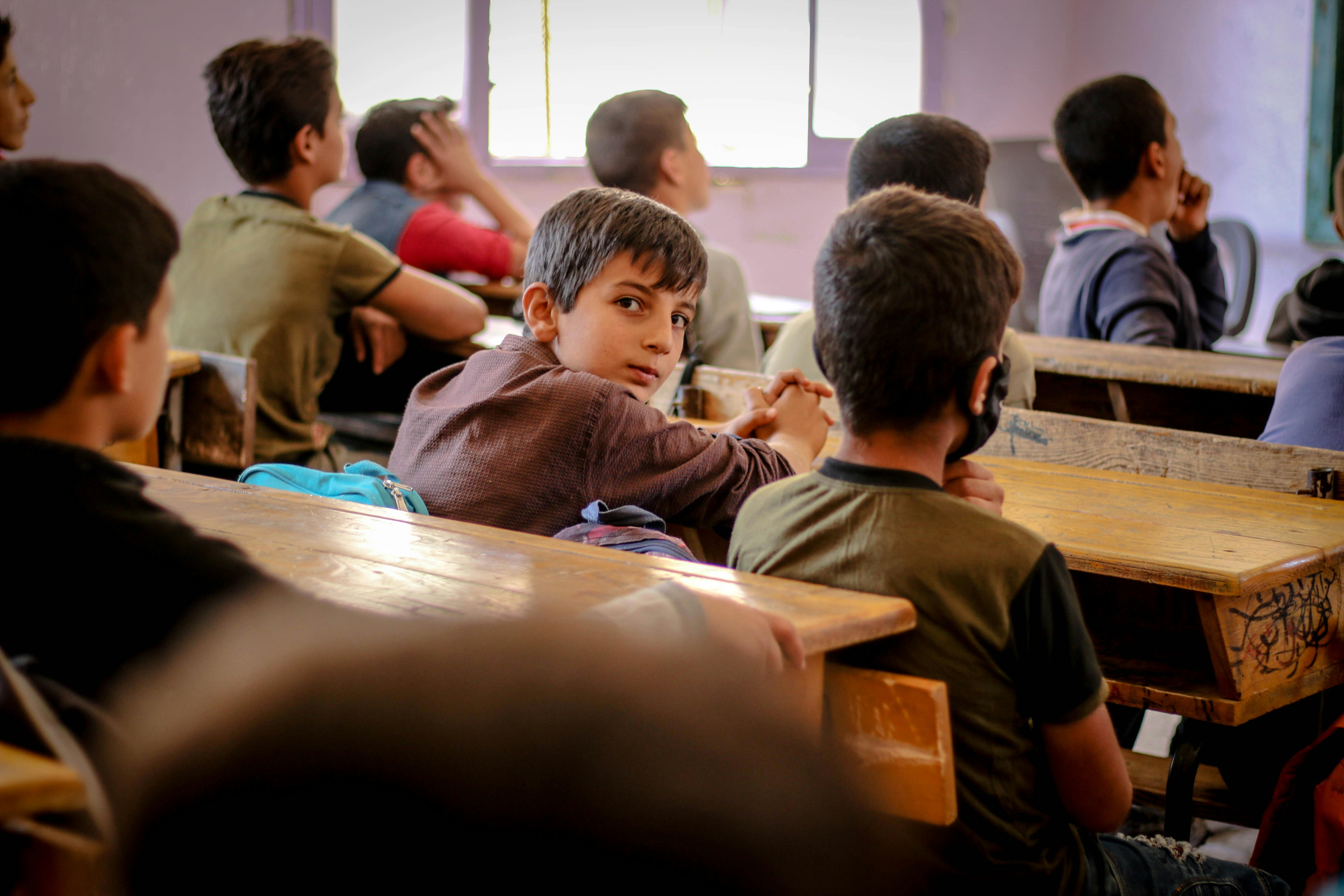What we do
The impact of humanitarian aid
ICF operates across four core areas, each designed to address different aspects of humanitarian need:
Humanitarian Relief

Emergency Response:
ICF deploys rapid response teams to areas hit by natural disasters, conflicts, or other emergencies. These teams provide immediate aid, including food, clean water, shelter, and medical supplies.
Long-Term Recovery:
Beyond immediate relief, ICF works on rebuilding infrastructure, restoring services, and helping communities recover. This includes the reconstruction of homes, schools, and health facilities.
Health Services

Healthcare Access:
ICF establishes healthcare facilities in underserved areas, ensuring that even the most remote communities have access to essential health services.
Preventive Care:
ICF health programs focus on preventing disease outbreaks through vaccination campaigns, health education, and clean water initiatives.
Mental Health:
Recognizing the psychological impact of crises, we provide mental health support to those affected, including trauma counseling and psychosocial care.
Education and Capacity Building

Access to Education:
ICF creates safe learning environments for children in conflict zones, ensuring they have access to quality education despite the challenges around them.
Vocational Training:
ICF training programs provide youth and adults with the skills needed to rebuild their lives and support their families, including courses in trades, entrepreneurship, and technology.
Community Leadership:
ICF empowers local leaders through capacity-building programs, enabling them to manage and sustain development initiatives within their communities.
Technology-Driven Solutions

AI for Crisis Prediction:
ICF AI tools analyze data to predict potential crises, allowing us to deploy resources proactively and mitigate the impact on affected communities.
Optimized Aid Distribution:
By using data-driven decision-making, we optimize logistics and ensure that aid reaches the most vulnerable populations quickly and efficiently.
Real-Time Monitoring:
Cloud-based platforms enable us to monitor the effectiveness of our interventions in real-time, making adjustments as needed to improve outcomes.






